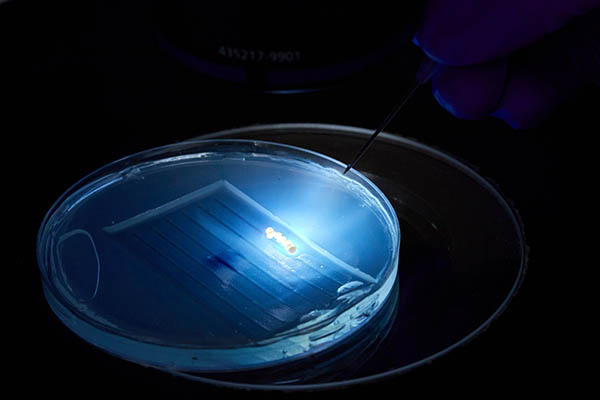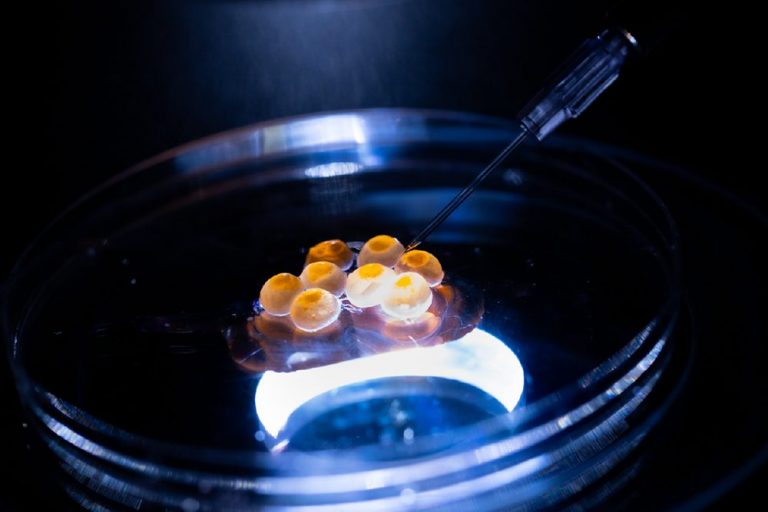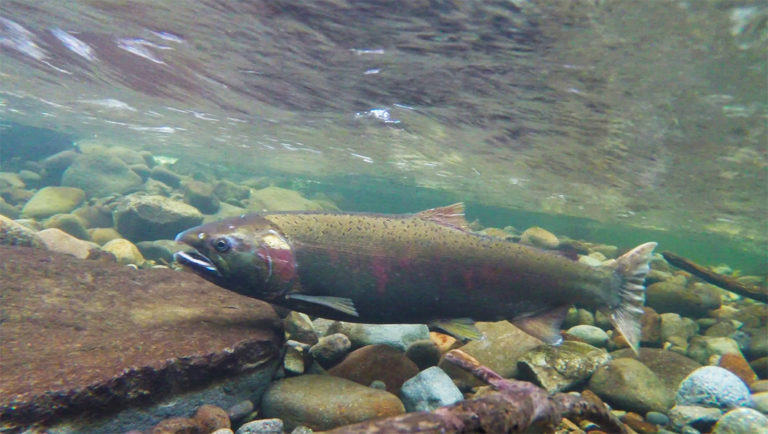
Intelligence
Could a new CRISPR gene editing technology lead to innovation in aquaculture?
Innovative CRISPR gene editing technology tailored for aquaculture improves safety and unimpeded legal accessibility compared to CRISPR-Cas9.
Innovation & Investment
Brazilian Fish adopts genome editing to breed faster-growing, more efficient tilapia, boosting sustainability and competitiveness.

Intelligence
Innovative CRISPR gene editing technology tailored for aquaculture improves safety and unimpeded legal accessibility compared to CRISPR-Cas9.

Innovation & Investment
Research in Japan shows genome editing can improve muscle growth in farmed fish, resulting in less feed and boosting disease resistance.

Health & Welfare
Genome editing can contribute to sustainable aquaculture production in terms of disease resistance and sterility to prevent interbreeding with wild stocks.

Health & Welfare
Due to high fecundity and external fertilization, most aquaculture species are amenable to genetic improvement technologies, including genome editing.